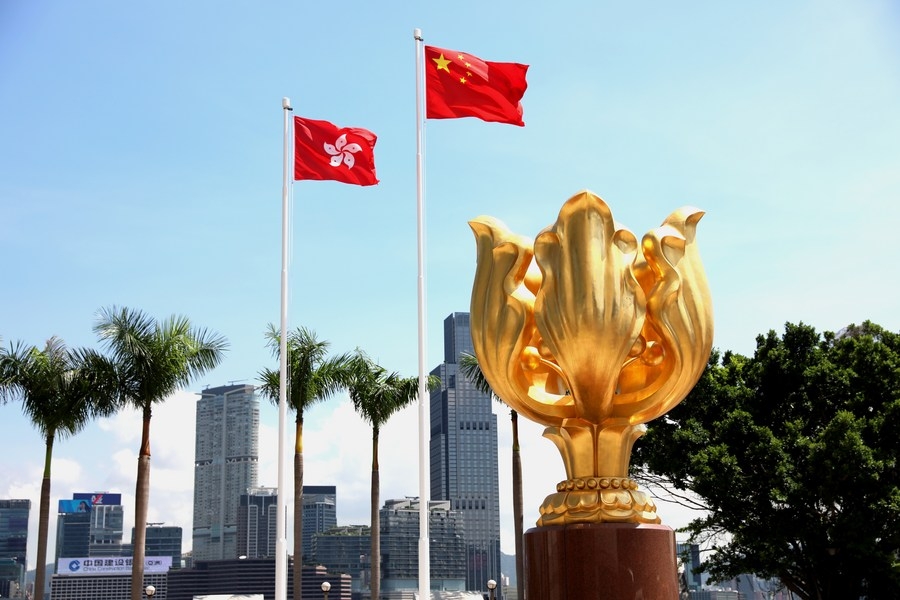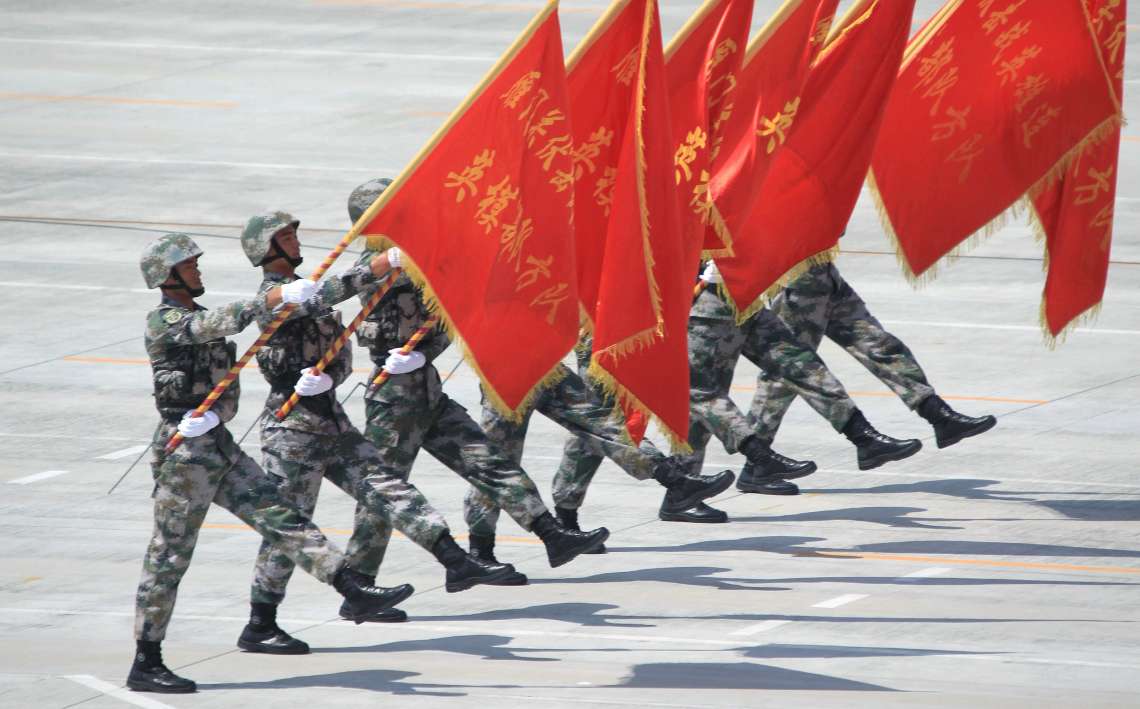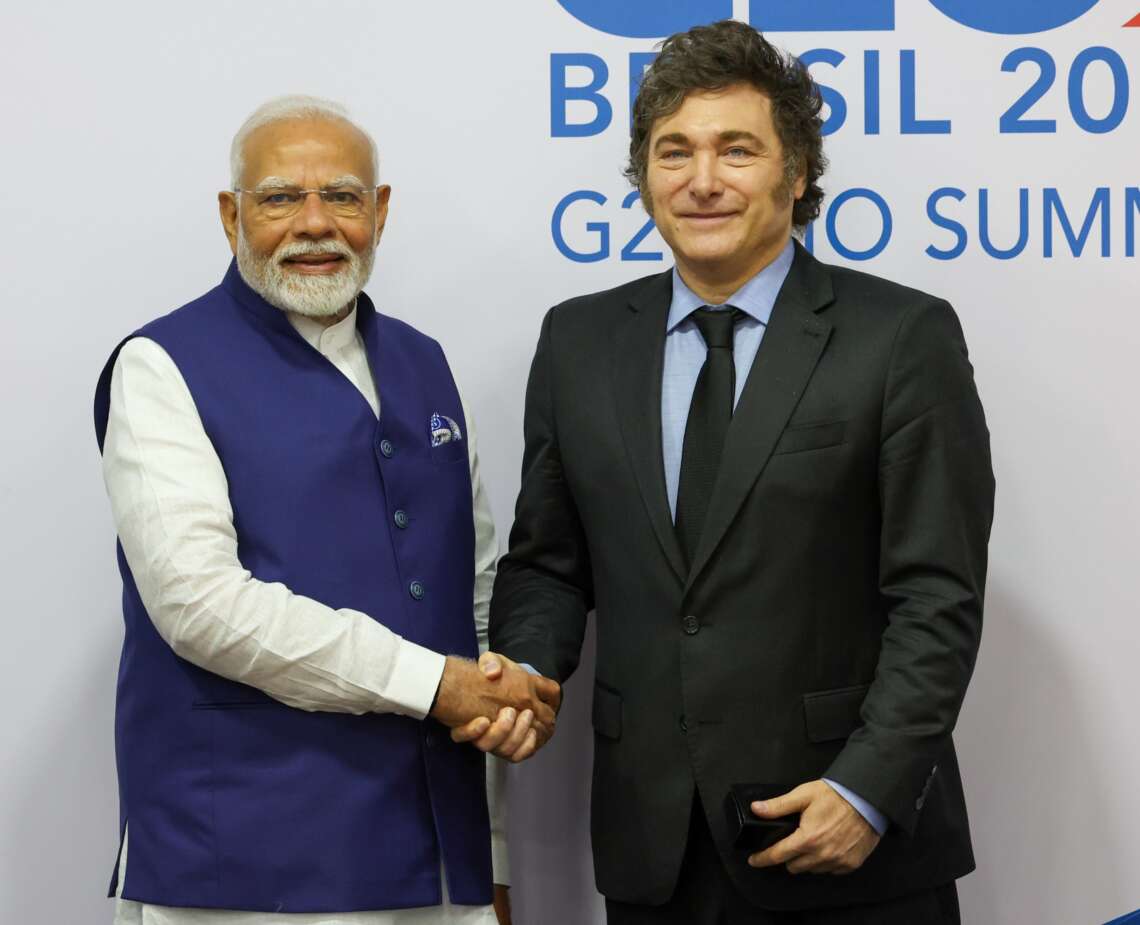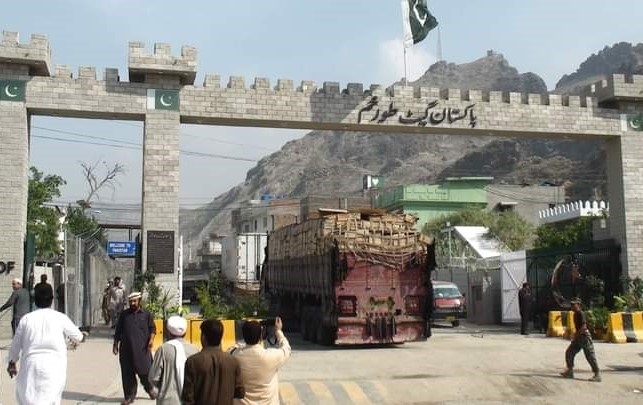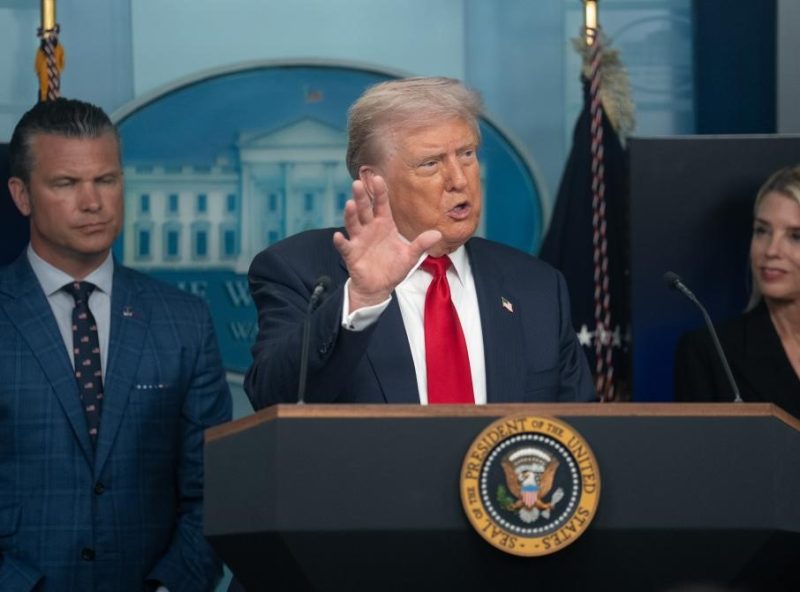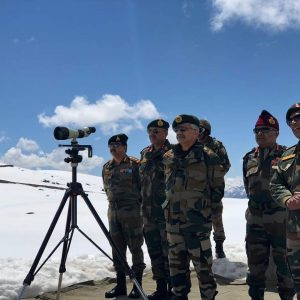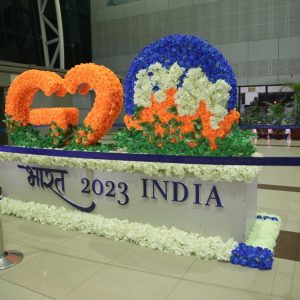Wider impact hits eateries, schools, media, tourism—raising fear, weakening autonomy
Beijing has intensified its national security measures in Hong Kong, moving from the idea of “patriots administering” the region to demanding that business individuals be “patriotic,” according to a report by the Mainland Affairs Council (MAC) cited by Taipei Times.
In its 2014 white paper on the “one country, two systems” framework after the 1997 handover, Beijing asserted that “Hong Kong people would govern Hong Kong with a high degree of autonomy,” the report mentioned, as quoted by the Taipei Times.
However, this has evolved into a governance model whereby both “Hong Kongers and the Chinese central government” have authority, with a thorough surveillance system being gradually established over the past 28 years, it indicated. Beijing has enforced the principle of “patriots administering Hong Kong” to restrict political participation from Hong Kongers, along with implementing patriotism education embedded with “Xi Jinping Thought,” the report stated.
Last month, China’s Office for Safeguarding National Security of the Central People’s Government in the Hong Kong Special Administrative Region, together with the National Security Department of the Hong Kong Police Force, carried out an unprecedented “joint investigation” into a national security matter, it noted.
This action has sparked concerns about the potential for Hong Kongers accused of “endangering national security” to be extradited to China, as political dissent continues to be stifled, as shown by the dissolution of Hong Kong’s Democratic Party this year, more than thirty years after its establishment, it added.
Senior officials in Beijing have also called on Hong Kongers to participate in “united front” activities, extending national security mandates to areas typically unrelated to security, such as trade barriers, financial vulnerabilities, and international interests, the report indicated, according to Taipei Times.
National security language has become increasingly widespread, encompassing a broad spectrum of activities, including protests, the formation of labour unions, venue rentals, film censorship, tender submissions, and the eligibility criteria for social workers, educators, and public servants in the region, the report mentioned.
This year, Beijing’s regulatory authority has further expanded to encompass the catering and entertainment sectors, as well as other recreational venues. At the same time, press freedoms and artistic expression continue to encounter growing suppression, it remarked.
Schools at all levels in Hong Kong are now mandated to investigate the backgrounds of external collaborative organisations and individuals to assess if they “oppose China or disrupt Hong Kong,” the report outlined, as noted by Taipei Times.
Since the enforcement of Hong Kong’s National Security Law five years ago, 332 individuals have been arrested on national security charges, with harsh penalties issued to those involved in the “Hong Kong 47” case, it noted, as highlighted by the Taipei Times. (ANI)
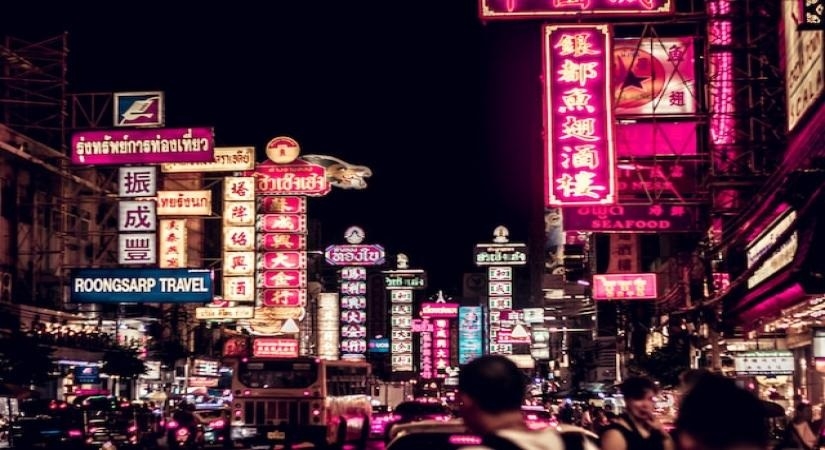
Business caught in crossfire
Retailers and small enterprises report an unprecedented strain amid sweeping inspections and rules tied to national security. Authorities are now scrutinising cafes, restaurants, cinemas, and educational institutions under the guise of compliance with security laws.
Reuters reports that Chief Executive John Lee has urged food inspectors to prioritise national security in licence approvals for catering businesses. Around June, letters were issued to thousands of food and leisure venues requiring them to ensure no activities could “endanger national security.” Analysts warn this targets pro-democracy-linked outfits such as the “yellow economic circle,” worsening an already faltering retail sector. Prime retail rents have fallen to pre-2004 levels, and even longtime locations are shuttering.
Regulatory harassment
An Associated Press investigation reveals that independent bookstores and eateries associated with former pro-democracy figures have endured up to 92 inspections or enforcement notices in just three years — often around sensitive dates like June 4th. Leticia Wong’s bookstore is among those affected.
AP quotes record-keeping showing “frequent inspections, anonymous denunciations, and license threats” as tools of intimidation.
“Some areas look trivial … but they still have the power to make you face consequences,” Wong said.
Patriotism checks everywhere
Educational institutions face new vetting responsibilities. Schools must verify external collaborators’ loyalty, ensuring they do not “oppose China or disrupt Hong Kong.” Nationwide civic education is heading toward a national security curriculum, with teachers and even kindergartens engulfed in ideological screening.
Culture and media also feel the clampdown. Film venues require security screening, press freedom is being eroded, and even public servants are vetted for national security loyalty.
Broader impact
Experts warn that the broadened scope of the security framework is bleeding investor confidence. Ambiguity in national security terms chips away at Hong Kong’s role as a reliable financial hub. A leaked Harvard analysis suggests that companies must now assess even routine disputes under the NSL umbrella.
Meanwhile, foreign firms are seriously weighing relocation—with many shifting compliance teams and offices to Singapore amid the unpredictability of licensing, data security, and legal independence.
With national security now woven into every sector—from education to entertainment—Hong Kong has effectively evolved into a surveillance-intensive extension of mainland China. The promise of “one country, two systems” looks increasingly hollow. Individuals and institutions face a stark choice: comply with opaque mandates or risk operating under fear and uncertainty.
As Western capitals reevaluate Hong Kong’s special status, businesses, educators, and artists in the city must adapt swiftly—or face the consequences of this intensified security landscape.


